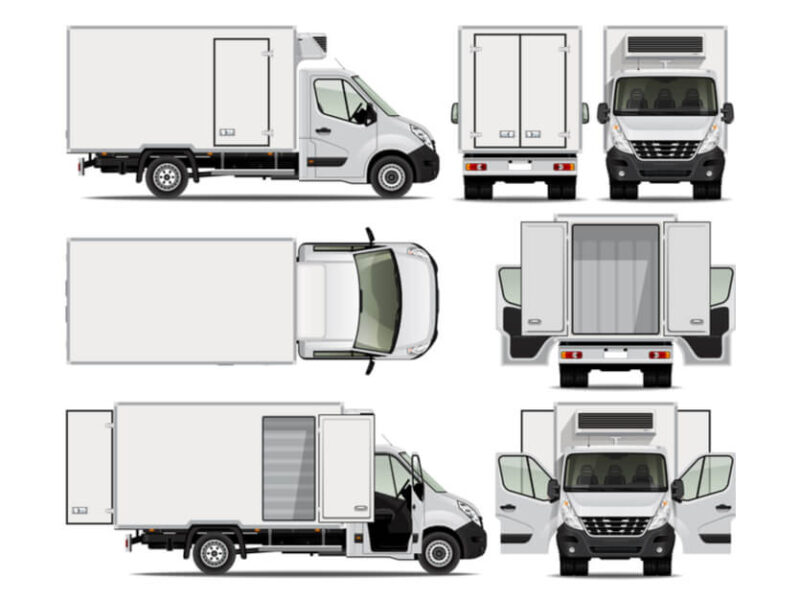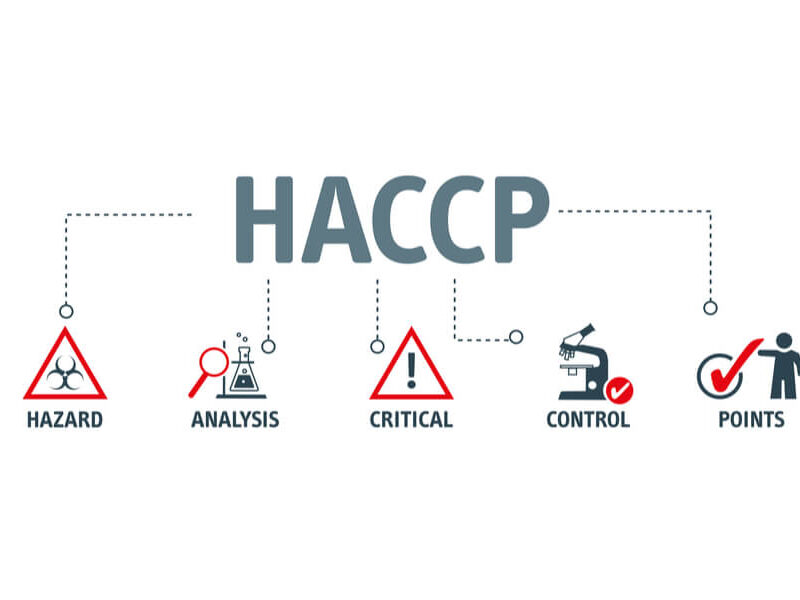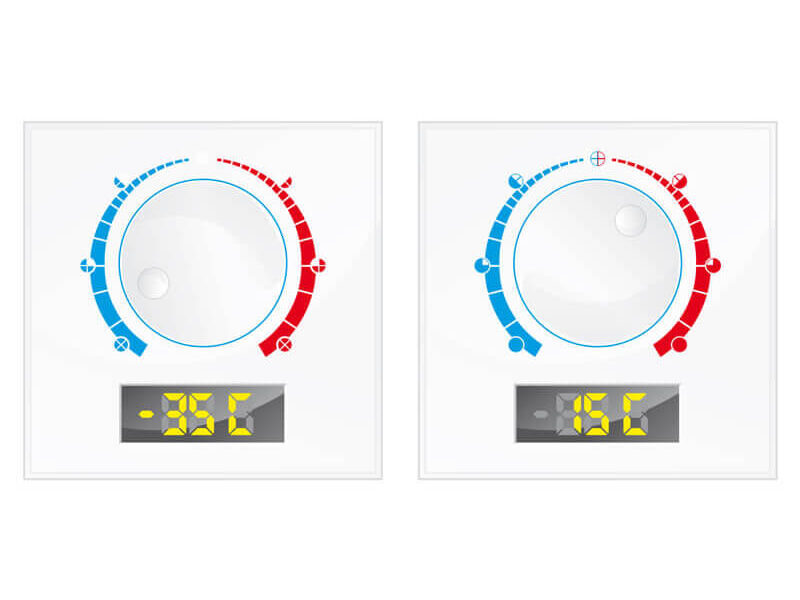Guides
For a number of years, we have been providing high quality, temperature-controlled distribution vehicles to clients in many different industries. Using our extensive expertise gained over more than 10 years in the industry, we want to use this page to share our knowledge and give you tools, resources and strategies to help you better manage your cold supply chain.
Temperature controlled logistics is a challenge for any business owner. On this page, we will keep you up to date with all of the latest developments in temperature-controlled distribution so you can stay ahead and remain up to date with the latest news and industry standards. Temperature control is important and to ensure that you fully comply with the regulations, you need to have lots of industry knowledge. Our guides section will provide you with in-depth content about the different elements to temperature-controlled vehicles and distribution so you can stay fully informed and compliant.
Our guides will provide information on everything related to the cold supply chain, from regulations and best practice through to technology and strategic planning, this section of our website will provide you with everything you need to effectively manage your cold supply chain. Whether you work in the food services sector or pharmaceuticals we have a variety of guides that will help everyone.
If you would like to find out more about our vehicles, ask us a question or find out how you can book one of our temperature-controlled delivery vans, please contact our team and we will be happy to provide you with all the details.









